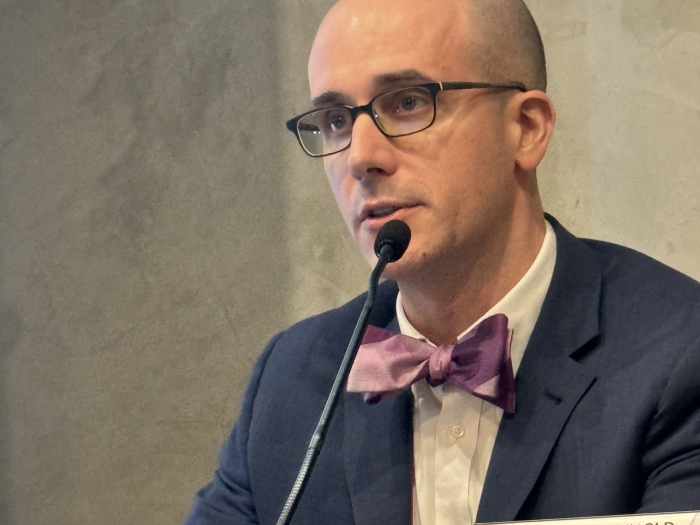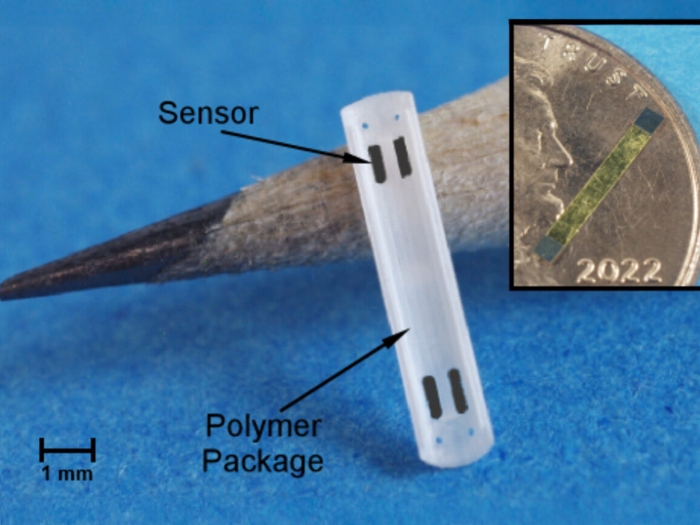
The Hepatology Program at Michigan Medicine is one of the largest and most prestigious programs in the world. Our team has excelled in research, education, and in providing compassionate care since 1954.
Led by Dr. Neehar Parikh and Dr. Elliot Tapper, the Hepatology Program includes 18 faculty members and four advanced practice providers with world-leading expertise in a wide variety of liver diseases
Leading with excellence: The Division of Gastroenterology and Hepatology at the University of Michigan is the largest in the United States, with a large, dedicated team that takes a three-tiered approach to delivering care for liver disease.
During the year, we provide a variety of hepatology educational lectures and CME courses to U-M faculty as well as external health care providers.





